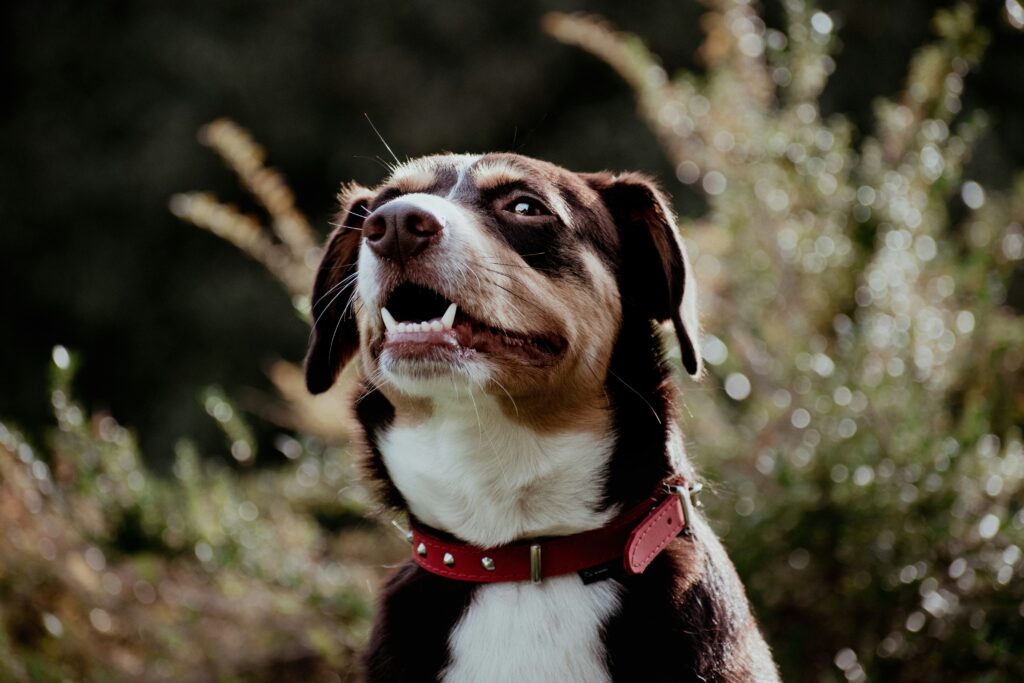Warning Signs of Dental Disease in Dogs
Many dog owners assume bad breath is just part of being a dog — but it’s actually one of the first warning signs of dental disease. Since dogs can’t tell us when something hurts, it’s up to us to recognize the red flags and get them the care they need before small problems become big ones.
Let’s break down the most common signs of dental disease so you can protect your pup’s health and comfort.
1️⃣ Bad Breath (Halitosis)
Persistent foul-smelling breath is one of the earliest signs of dental trouble. It usually points to bacterial buildup from plaque and tartar, or even an infection under the gum line.
2️⃣ Red, Swollen, or Bleeding Gums
Healthy gums should be pink and firm. If your dog’s gums are red, swollen, or bleed easily, it could mean gingivitis — the first stage of periodontal disease.
3️⃣ Yellow or Brown Teeth
Visible tartar buildup is a major clue that plaque has hardened and is damaging the teeth and gums.
4️⃣ Difficulty Eating or Dropping Food
If your dog suddenly seems reluctant to chew, favors one side of their mouth, or drops food, it could be because of pain or a loose tooth.
5️⃣ Pawing at the Mouth or Face
Dogs in dental pain often paw at their muzzle, rub their face on furniture, or show other unusual behavior around their mouth.
6️⃣ Excessive Drooling
While some breeds naturally drool more, an increase in drooling, especially with foul odor or blood, may indicate dental issues.
7️⃣ Loose or Missing Teeth
Adult dogs shouldn’t lose teeth. If you notice gaps or wiggly teeth, it’s a sign of advanced periodontal disease needing immediate veterinary attention.
8️⃣ Behavioral Changes
Dogs in pain might seem grumpy, withdrawn, or less interested in playing. Dental pain can absolutely change a dog’s behavior.
 What to Do If You See These Signs
What to Do If You See These Signs
✅ Schedule a veterinary dental exam as soon as possible
✅ Avoid giving hard chews or bones until your dog is evaluated
✅ Follow your vet’s recommendations for treatment
Prompt care can save your dog from tooth loss, infection, and even serious organ damage.
Conclusion
Your dog depends on you to notice the signs of dental disease before they suffer in silence. By catching these red flags early, you can help keep their mouth — and their whole body — healthy.

